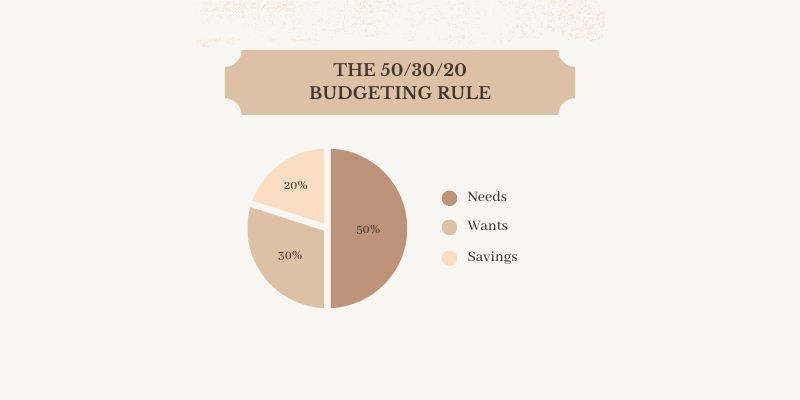Any person or organization that meets the "accredited investor" criteria is authorized to purchase and sell securities that have not been registered with the appropriate financial authorities. They are eligible for this special treatment because they meet one of many criteria related to their financial resources, asset size, position in governance, or level of expertise in their field. U.S. investors who seem to be financially savvy and have no need for the protection given by regulatory transparency reports are referred to as "professional investors" by both the Securities and Exchange Commission (SEC) within Regulation D. Investors who fall into the "accredited investor" category have shown a high level of financial resources and sophistication.
How To Figure Out Who Can Invest
Accredited investors have the financial money to invest in securities that have not been filed with the Securities and Exchange Commission. Firms often choose securities offerings for authorized investors. This ruling may benefit businesses since it exempts them from registering their securities with the SEC. A put option is used to describe this kind of stock offering. Risks of substantial proportions may be posed to these certified investors. Consequently, it is the authorities' responsibility to guarantee that they are solvent, well-versed, and well-informed before allowing them to embark on potentially dangerous projects. If a company only wants to sell shares to authorized investors, regulators need to confirm that the buyers meet specific criteria or provide the instructions for doing so.
Eligibility Criteria For High Net-Worth Investors
Accredited investor requirements are frequently specified by a local market regulator or competent body, which might differ from jurisdiction to country. SEC Rule 501 under Regulation D lays forth the criteria for who may be considered an accredited investor in the United States. Accredited investors are those who, on average, during the previous two years, have earned at least $200,000 on average annually ($300,000 per year for combined income) and who have a reasonable expectation of making at least that much again this year. Every individual's household income must have been at or above the minimum required amount for at least the last two years. You can't pass the income requirement by demonstrating your income for only one year and then your spouse's income for the following two years.
Recent Alterations To The Definition Of An Accredited Investor
The U.S. Congress has expanded the definition of an accredited investor to include registered brokers, including investment advisers. The purpose of something like an "accredited investor" was updated by the U.S. Securities and Exchange Commission on August 26, 2020. The SEC has issued a press release stating, "Investors may now become accredited using criteria other than income or net worth to meet the new requirements. These changes also make it possible for any entity that passes an investing test to be considered an accredited investor." The SEC now includes the following in its definition of "accredited investors:" Professionals with a particular set of qualifications; people with specialized training or education.
The Rationale Behind Requiring Only Accredited Investors
Any market authority regulating it must balance the competing goals of encouraging investment and protecting it. One may argue that leaders are incentivized to promote investments in high-risk businesses and entrepreneurial endeavors that could pay off in spades. Such efforts are high-risk, may not result in a commercially viable product, and have a high probability of failure. Investments in such projects have the potential to provide substantial returns for their backers.
A Real-World Illustration Of A Qualified Investor

Take the hypothetical case of a person whose annual income has averaged $150,000 over the preceding three years. Their main property is worth $1 million (with such a $200,000 mortgage), their automobile is worth $100,000 (with something like a $50,000 loan), they have $500,000 in their 401(k), and they have $450,000 in savings. Although this person does not meet the income requirements, they do meet the net worth requirements (which does not incorporate the value of the leading property) and are thus considered accredited investors.
Conclusion
A person or organization (such as a bank or a business) considered "accredited" by the U.S. Securities and Exchange Commission is eligible to participate in private securities. The rule aims to ensure that investors can credibly demonstrate their knowledge and financial stability before being allowed to participate in potentially riskier transactions. Achieved a combined annual income of over $200,000 (and $300,000 when married) during the last two years and planned to maintain or increase that level of success this year.




